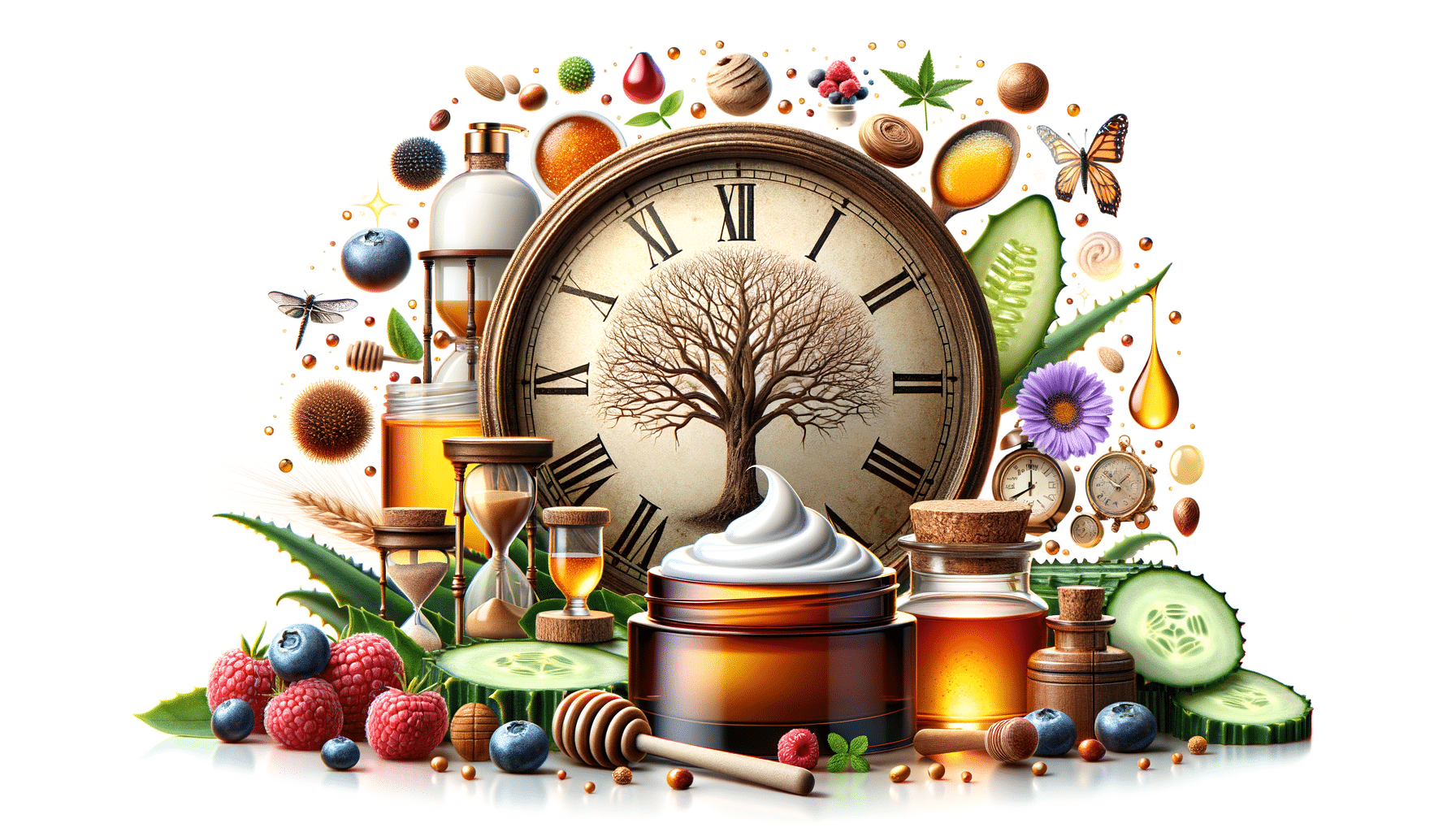
Understanding Aging Skin: What You Need to Know
The Science Behind Aging Skin
Aging is a natural process that affects all parts of the body, including the skin. As we age, our skin undergoes several changes that can lead to visible signs such as wrinkles, fine lines, and age spots. These changes are primarily due to a decrease in collagen production, which is a protein that provides structure and elasticity to the skin. Additionally, the skin’s ability to retain moisture diminishes, leading to dryness and a loss of plumpness.
Environmental factors also play a significant role in skin aging. Exposure to UV rays from the sun can accelerate the breakdown of collagen and elastin fibers, causing premature aging. Pollution and lifestyle factors such as smoking and diet can further contribute to the aging process by introducing free radicals, which damage skin cells.
Understanding the science behind these changes is crucial for developing effective skincare strategies. By addressing both intrinsic (natural aging) and extrinsic (environmental and lifestyle) factors, individuals can take proactive steps to maintain healthier, more youthful-looking skin.
Essential Skincare Routine for Mature Skin
Creating a skincare routine tailored to aging skin involves a few key steps that help maintain skin health and appearance. Cleansing is the foundation of any routine, and for mature skin, it’s important to use a gentle cleanser that doesn’t strip the skin of its natural oils. Look for products that contain hydrating ingredients like glycerin or hyaluronic acid.
Moisturizing is another crucial step. As the skin ages, it loses its ability to retain moisture, so using a rich, hydrating moisturizer is essential. Ingredients like ceramides and peptides can help strengthen the skin barrier and improve elasticity.
Incorporating serums with active ingredients such as retinoids or vitamin C can also be beneficial. Retinoids are known for their ability to stimulate collagen production and improve skin texture, while vitamin C is a powerful antioxidant that can help brighten the skin and reduce the appearance of age spots.
Lastly, sunscreen is a non-negotiable part of any skincare routine, especially for aging skin. Daily use of a broad-spectrum SPF can protect the skin from UV damage and prevent further signs of aging.
Nutritional Support for Aging Skin
While topical treatments are essential, nutrition plays a vital role in maintaining healthy skin as we age. A balanced diet rich in antioxidants, vitamins, and healthy fats can support skin health from the inside out. Foods high in antioxidants, such as berries, leafy greens, and nuts, help combat free radicals and reduce oxidative stress on the skin.
Vitamins such as A, C, and E are particularly beneficial for skin health. Vitamin A supports cell turnover and repair, vitamin C aids in collagen production, and vitamin E provides anti-inflammatory benefits. Incorporating foods like sweet potatoes, citrus fruits, and almonds can ensure an adequate intake of these vital nutrients.
Omega-3 fatty acids, found in fish like salmon and flaxseeds, are known for their anti-inflammatory properties and can help maintain the skin’s lipid barrier, keeping it hydrated and plump. Staying hydrated by drinking plenty of water is also crucial, as it helps flush toxins and maintain skin moisture levels.
Addressing Common Skin Concerns in Aging
Aging skin often presents specific concerns, such as sagging, fine lines, and hyperpigmentation. Addressing these issues requires targeted treatments and consistent care. For sagging skin, products that contain peptides can help firm and tighten by stimulating collagen production.
Fine lines and wrinkles can be minimized with the use of retinoids, which promote cell turnover and collagen synthesis. Incorporating a retinoid product into your nighttime routine can gradually improve skin texture and reduce the depth of wrinkles.
Hyperpigmentation, or age spots, is another common concern. Ingredients such as niacinamide and hydroquinone can help lighten dark spots and even out skin tone. Additionally, chemical exfoliants like alpha hydroxy acids (AHAs) can help remove dead skin cells and improve overall skin brightness.
It’s important to approach these concerns with patience and consistency, as results can take time to become noticeable. Regular consultations with a dermatologist can also provide personalized recommendations based on individual skin needs.
Embracing Aging with Confidence
Aging is an inevitable part of life, and while skincare can help manage its signs, embracing the process with confidence is equally important. Developing a positive mindset towards aging can enhance self-esteem and overall well-being. Understanding that each wrinkle tells a story and adds character can shift the focus from seeking perfection to appreciating natural beauty.
Engaging in practices that promote overall health, such as regular exercise, adequate sleep, and stress management, can complement skincare efforts and contribute to a youthful appearance. Activities like yoga or meditation can help reduce stress and improve mental clarity, which can be reflected in healthier skin.
Ultimately, the goal is to feel comfortable and confident in one’s skin at any age. By combining effective skincare strategies with a holistic approach to health and well-being, individuals can embrace aging gracefully and with a sense of empowerment.